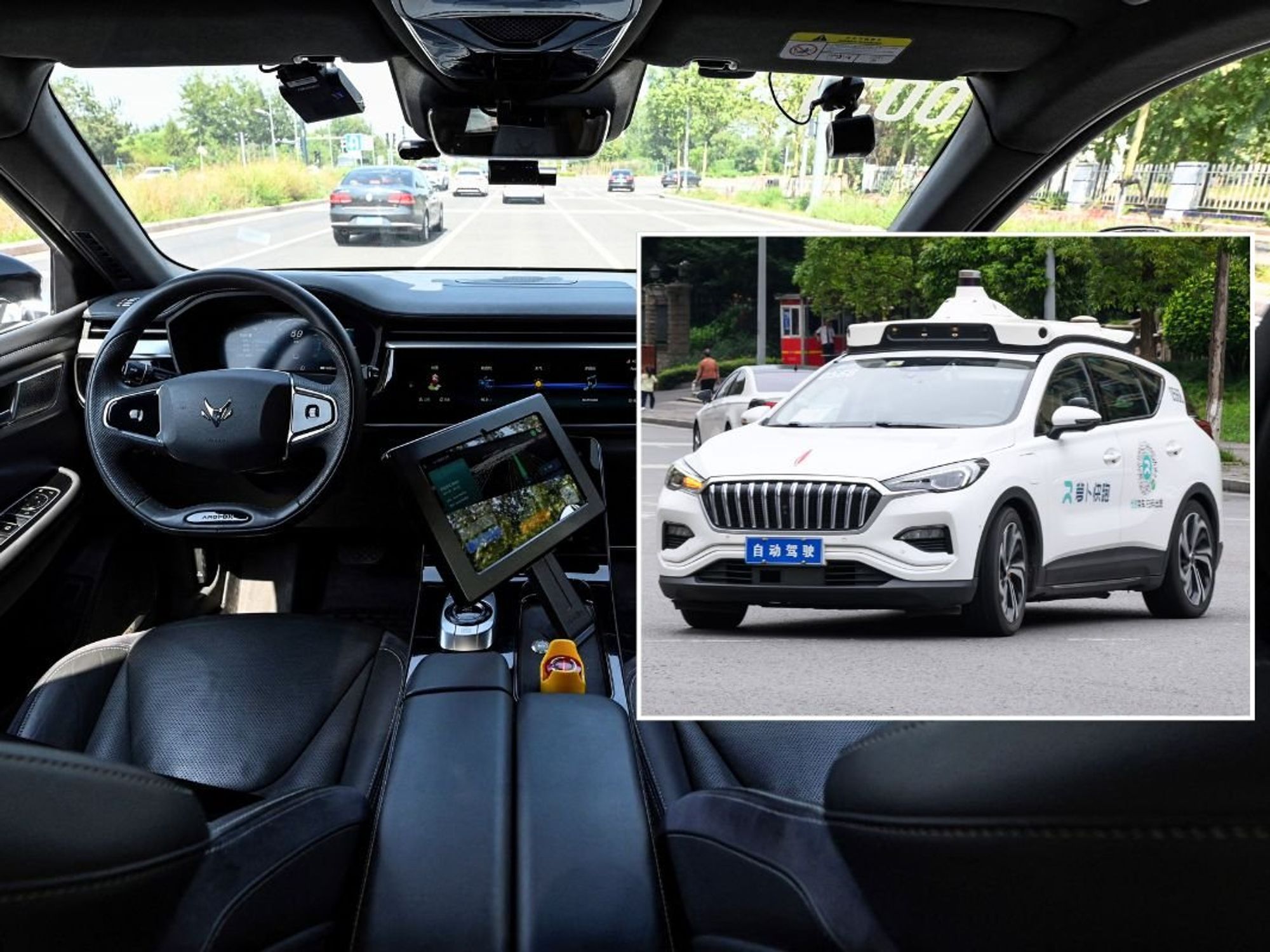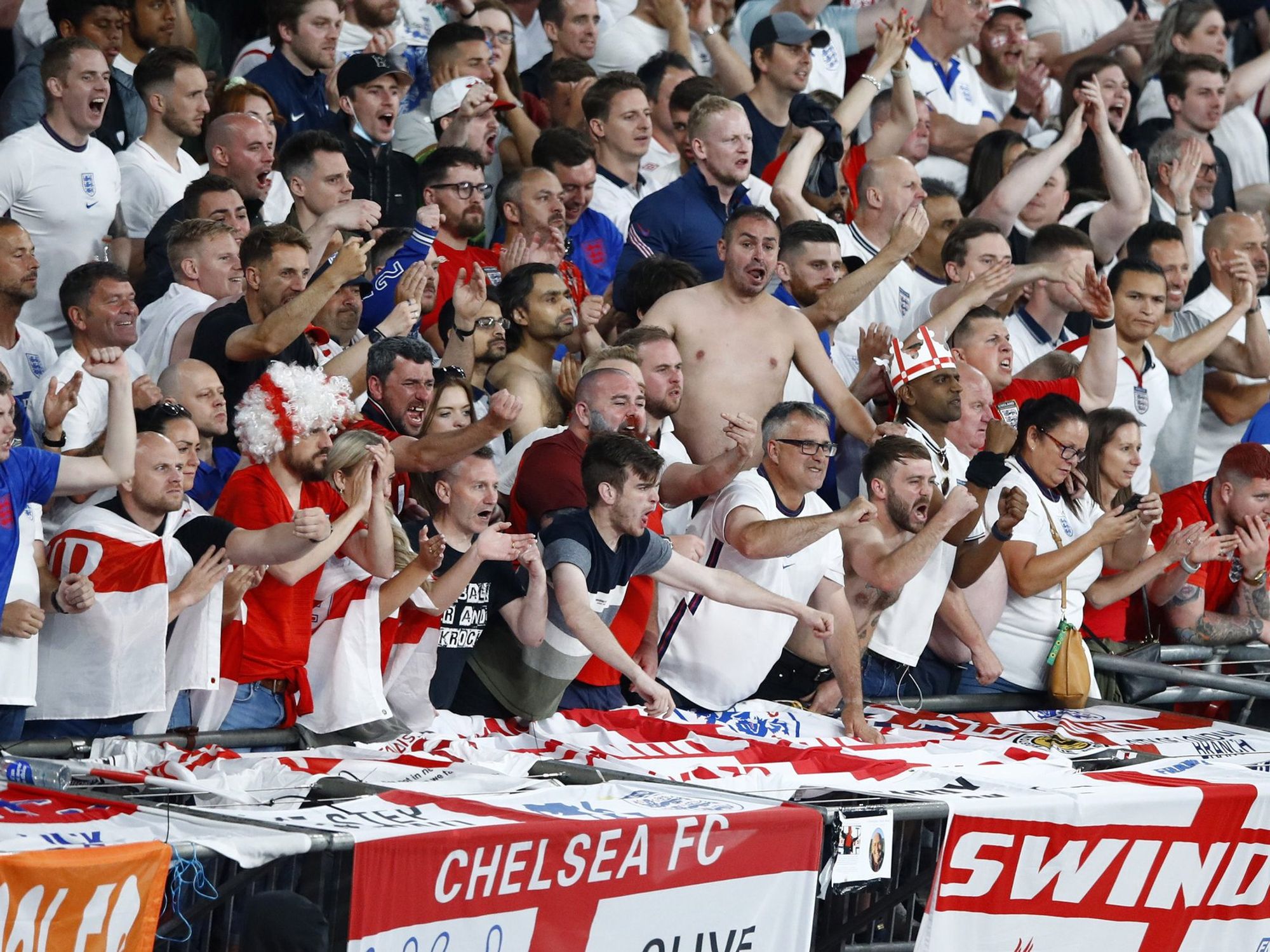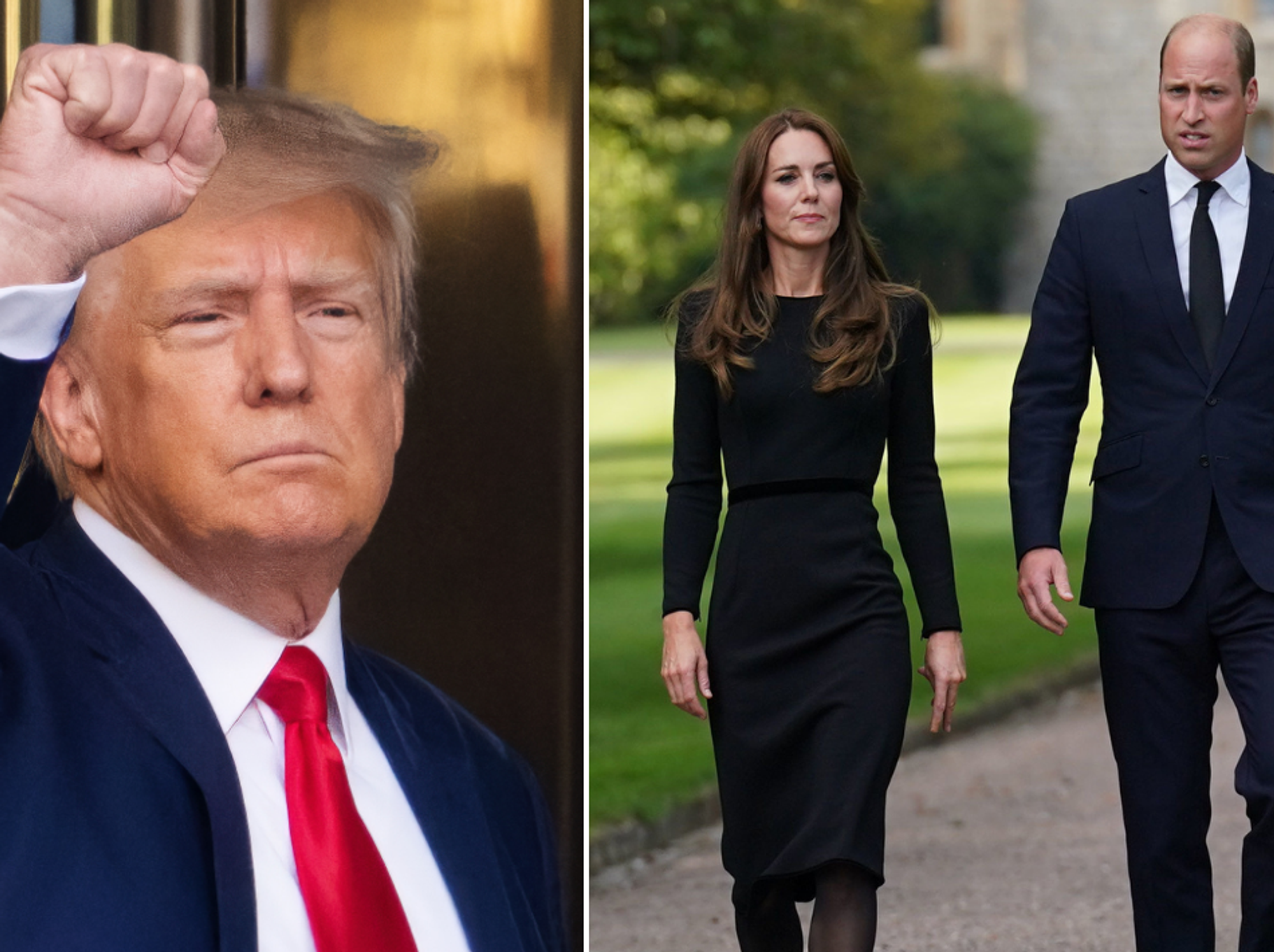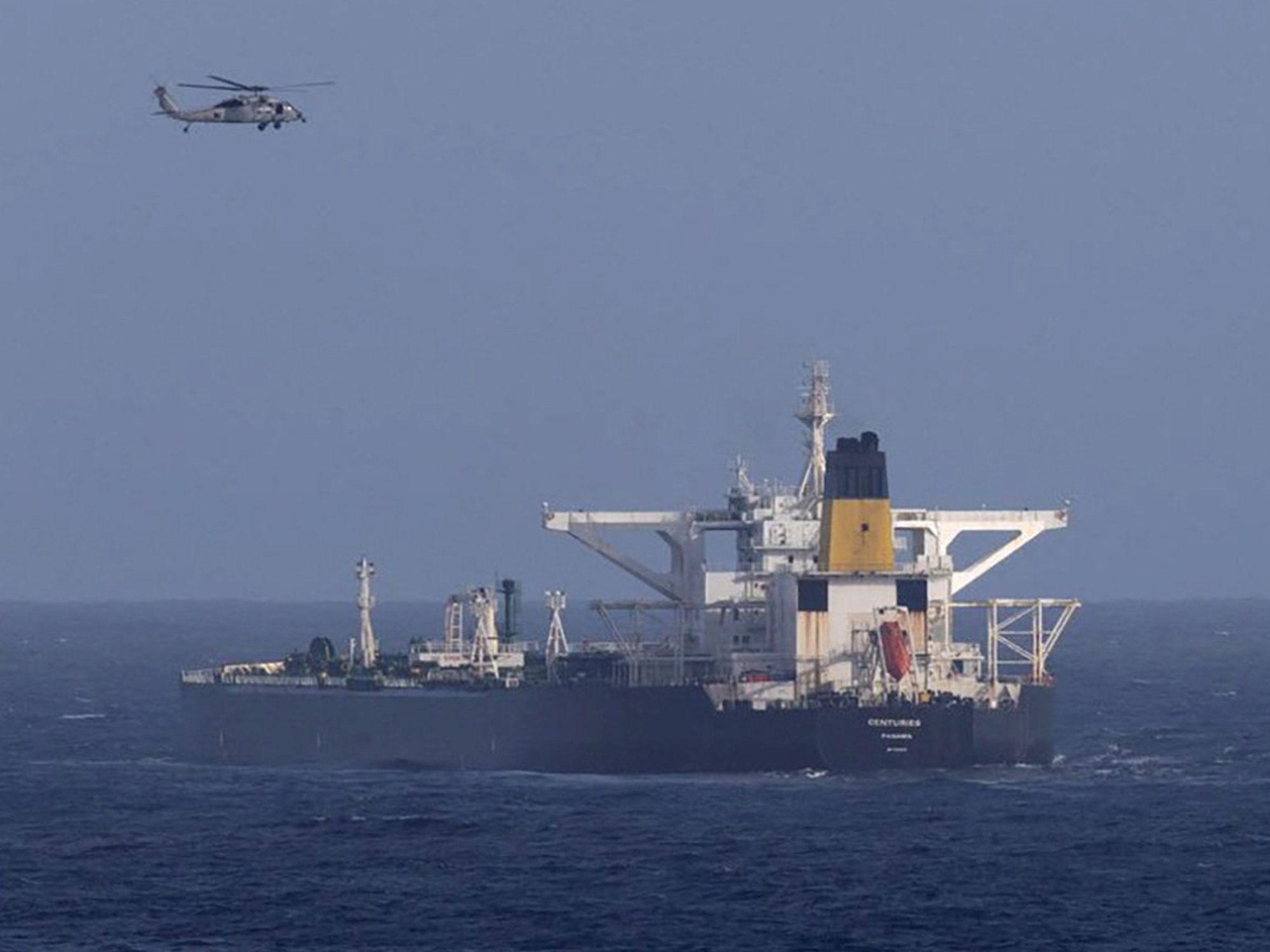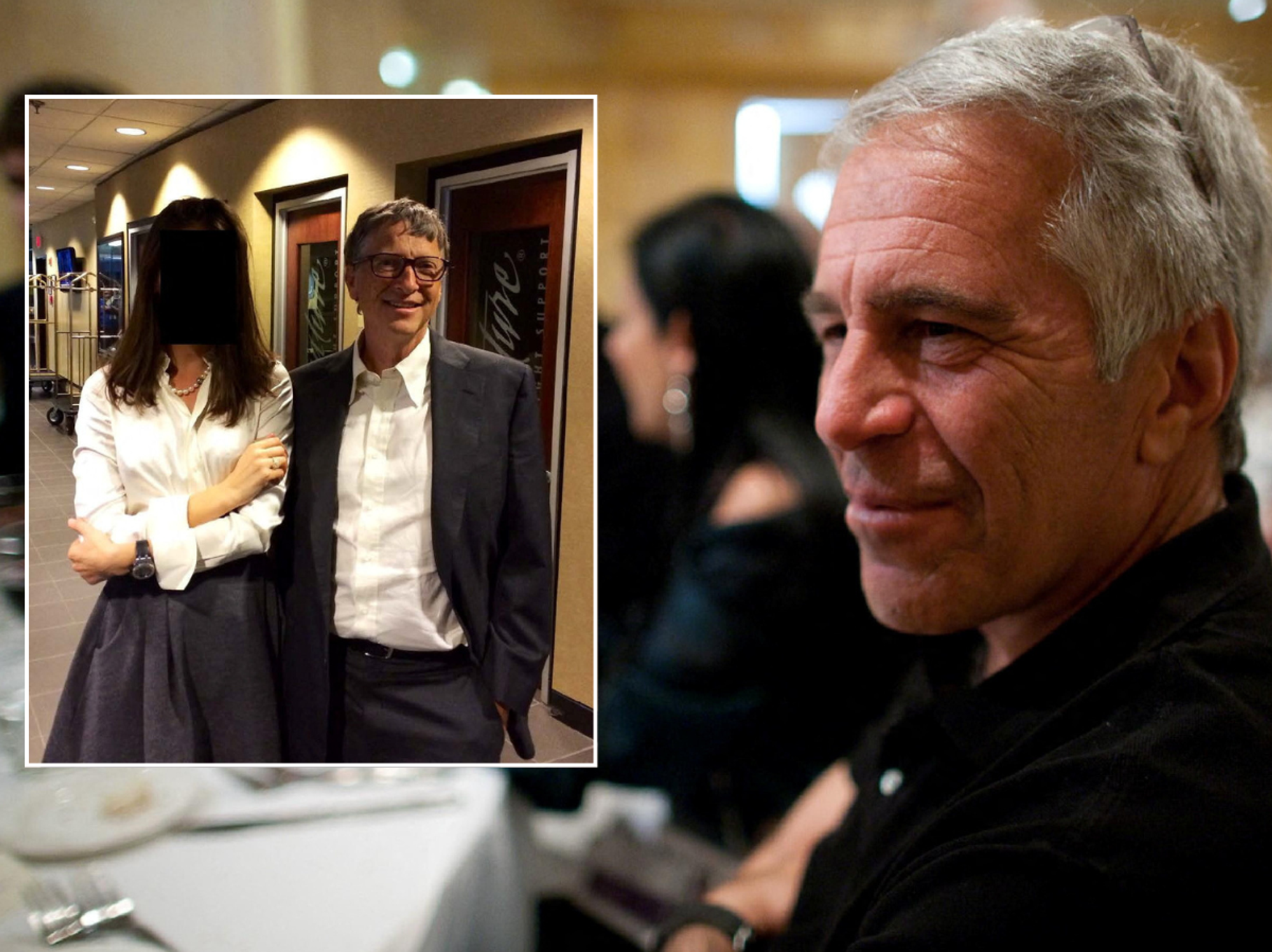DVLA rakes in billions from new number plate sales despite cars losing value ‘moment they leave showroom'

The DVLA made roughly £260million a year from registration plate sales
Don't Miss
Most Read
Latest
The DVLA has made over £2.9billion from drivers buying personalised private licence plates over the past decade, with £260million a year being raked in, according to new data.
New plates are issued twice a year for drivers to purchase in March and September with the latest "74" identifier going on sale on September 1.
A Freedom of Information request found that between 2012 and 2013, the DVLA made £100.2million from personalised registration sales and auctions, as well as plate transfers and assignment fees.
Do you have a story you'd like to share? Get in touch by emailing motoring@gbnews.uk
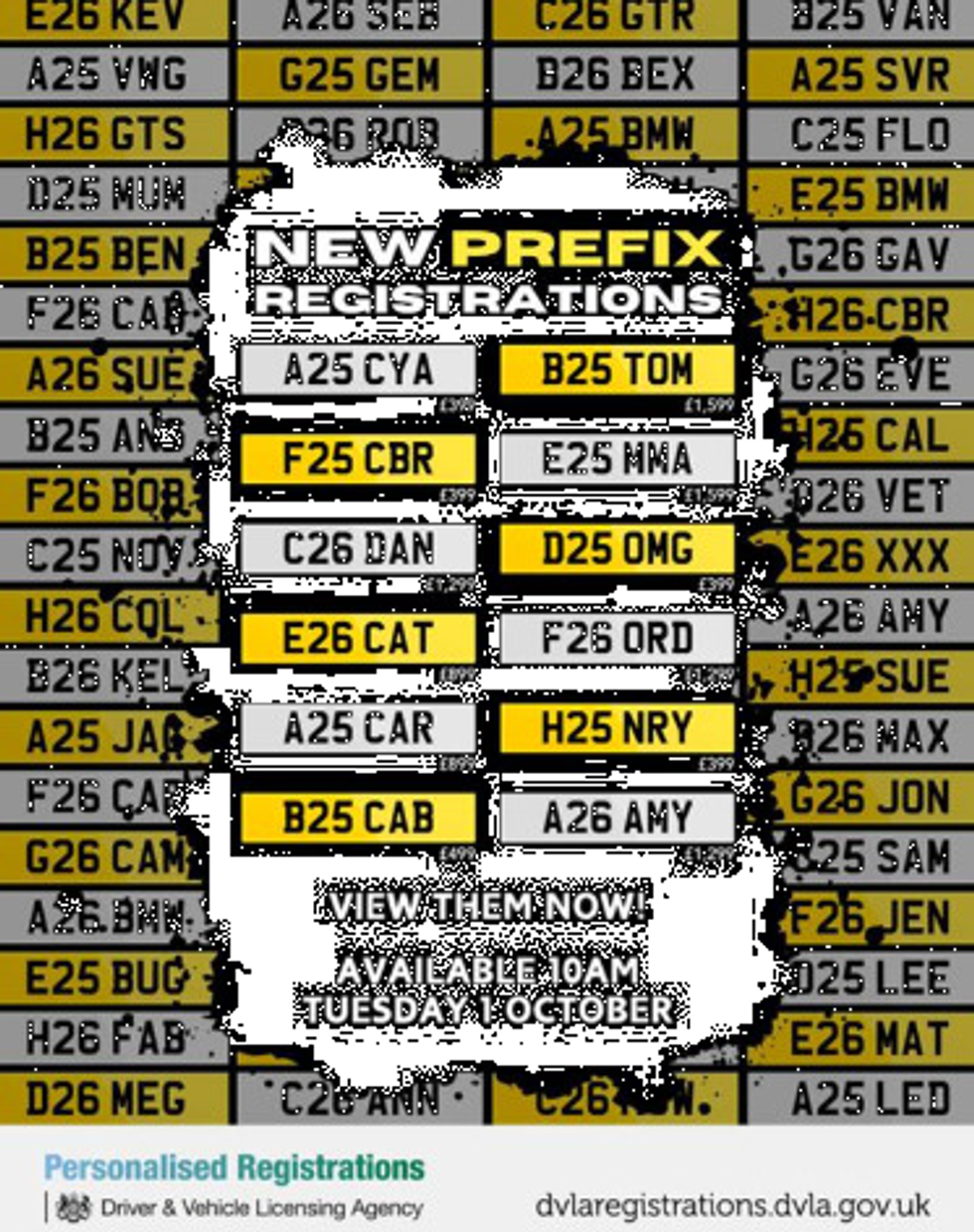
The DVLA hosts monthly online auctions of personalised number plates
| DVLAA decade later, the FOI detailed how the agency earned more than double the amount, at £260.1million, in 2022-23 from plate sales.
Meanwhile, £150.5million was raised from plate sales in 2023 bringing in 58 per cent of the DVLA's personalised registration revenues.
Steve Gooding, director of the RAC Foundation told This is Money: “In a world where it can be difficult to stand out from the crowd it's easy to understand why some people are attracted to personalised number plates – call them cherished plates, vanity plates, or just a bit of fun.
“Clearly this has become big business, for the DVLA and all the resellers which have sprung up, and for the Treasury it is definitely a nice 'LL17 TLE' earner.
“But the right personalised plate can also prove a good investment for drivers - with the value of vehicles typically falling the moment they leave the showroom this might be the only bit of the car that's actually worth more.”
A further £72.4million (28 per cent) came from transfer administration charges which involve keeping the number to use later or assigning the plate to another vehicle. More than £37million was brought in from assignment fees.
2021 was the most profitable year for registration plate sales as the agency took in £302.9million, primarily due to spikes in plate sales, which brought in £181million.
The DVLA holds roughly nine online auctions each year, containing thousands of registrations in each auction. All bidding takes place online, over seven days with starting prices from £70.
There are around 60 million private plate combinations available on the DVLA database with drivers able to search through a range of options. Last year, 17,823 registrations were sold through the database.
All of these number plates are required to meet certain requirements to be legal on UK roads. One of the criteria is that they are made from a reflective material with the front plate displayed in black characters on a white background and black characters on a yellow plate on the rear.
Other mandatory measures include ensuring plates are marked with a British Standard number such as a "BS AU 145e” for plates fitted after September 1, 2021.
Motorists do have the ability to customise their number plate without changing the registration. This can be done by having 3D-raised characters or displaying symbols or identifiers.
LATEST DEVELOPMENTS:
- Elderly motorists risk losing ability to drive amid medical conditions review restricting vehicle usage
- Jeremy Clarkson praises slick electric car for staggering power - 'As much fun as is humanly possible!'
- Major car brands unveil huge price cuts to electric vehicles as drivers struggle to ditch petrol and diesel
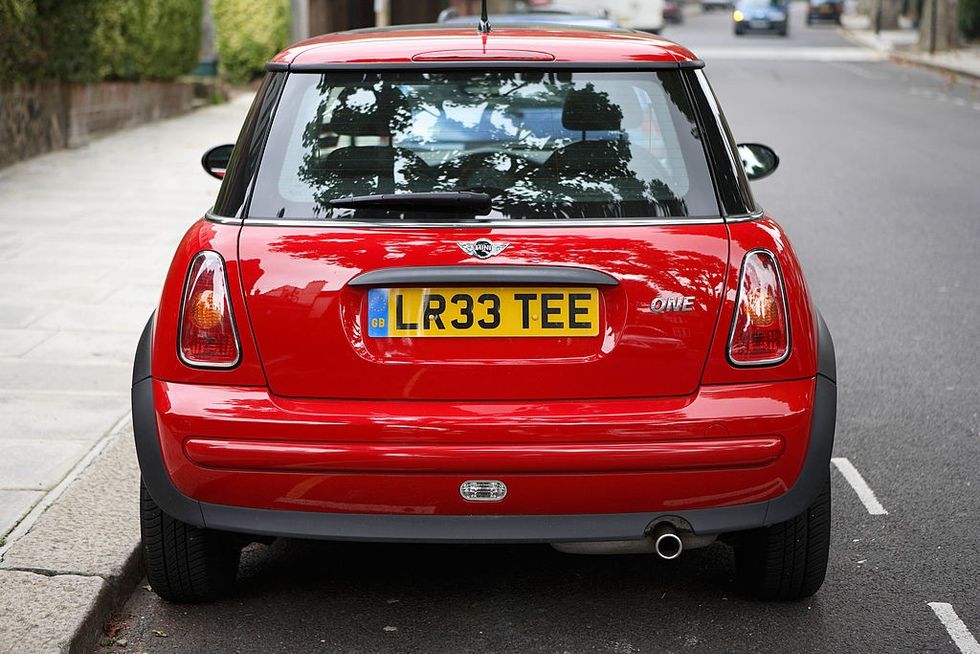
Number plates must meet UK standard requirements
| GETTYOffering drivers other options, they can put a flag on a car such as the Union Jack, Cross of St George, Cross of St Andrew and the Red Dragon of Wales.
A spokesperson for the DVLA told GB News: "We can advise that all money raised through the sale of registrations is passed to HM Treasury with a proportion of this revenue retained by DfT."






